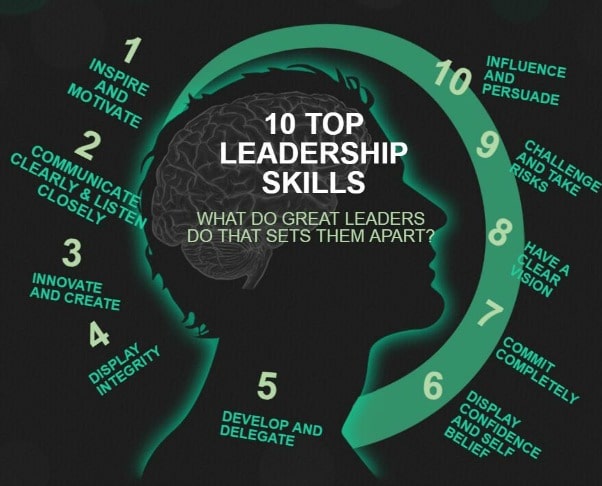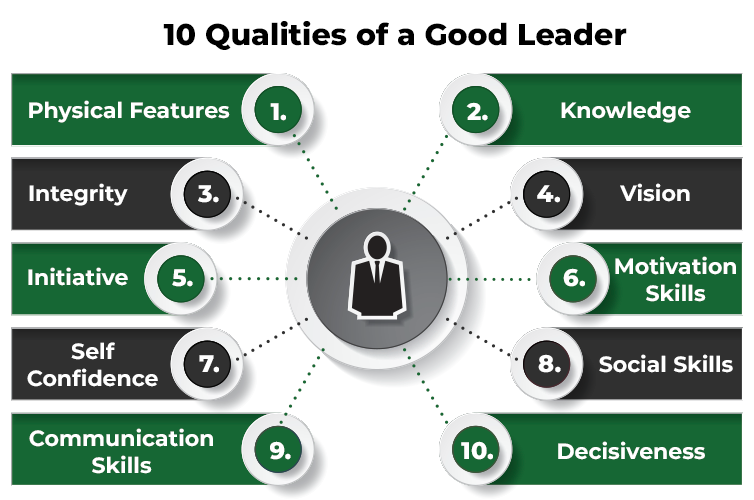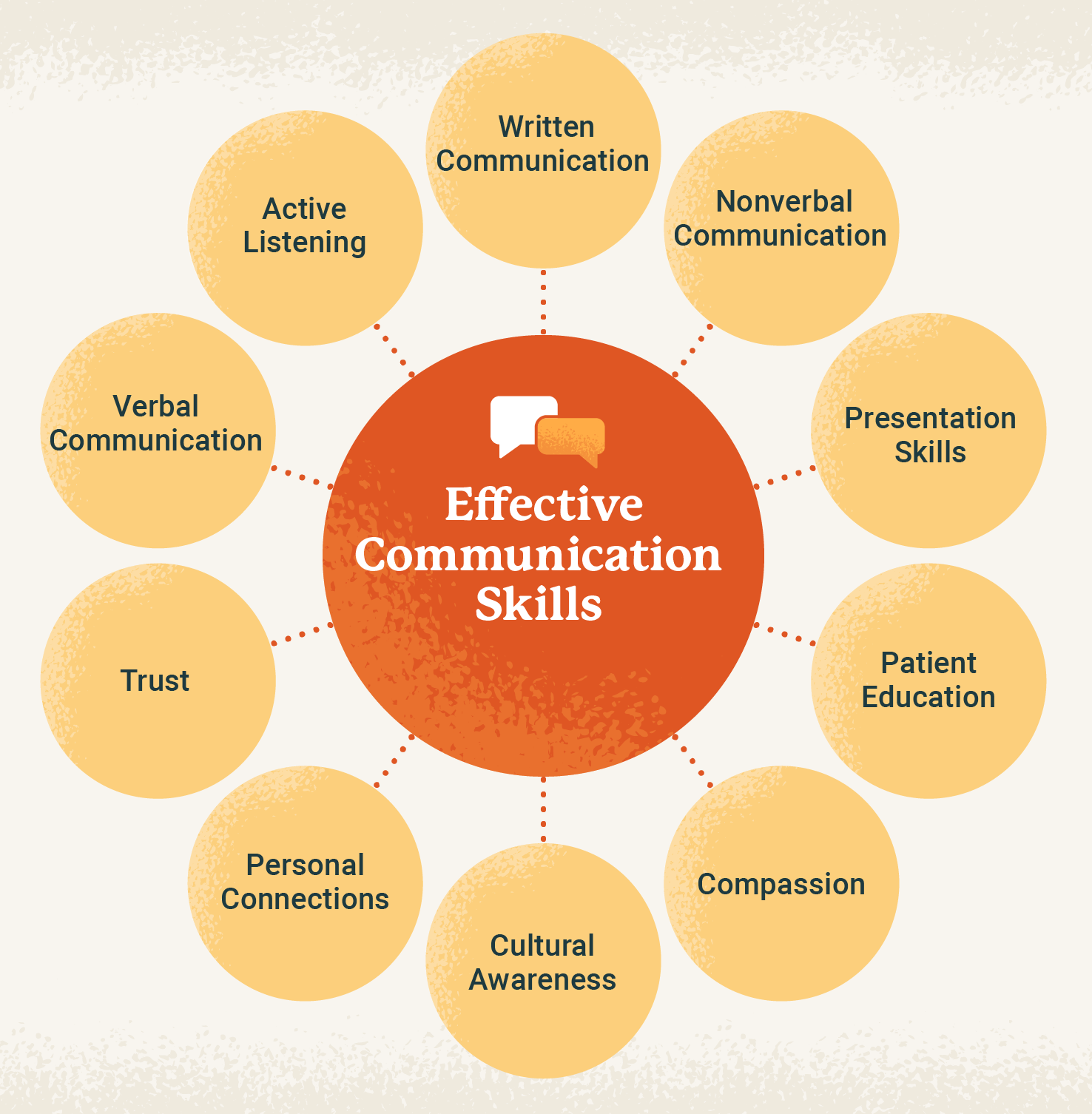How to Develop Leadership Skills: A Step-by-Step Guide
Date
Jun 11, 24
Reading Time
8 minutes
Category
Other
- Introduction
- Why Should You Develop Your Leadership Skills?
- Leadership Fundamentals
- How to Develop Your Leadership Skills
- Conclusion
- Frequently Asked Questions (FAQs)
Table of content

Introduction
Some people are born leaders, some achieve it, and some have leadership thrust on them.
Leadership is not a job or title; it is guiding and motivating people around you to positively change their professional and personal lives.
Leadership is difficult. Heavy is the head that wears the crown, and so on. But effective leaders are the need of the hour.
So, if you aspire to be a leader or someone recently promoted and thrust into a leadership role, this article is for you.
This article provides you with a step-by-step guide on how to develop your leadership skills. You can use it to build your leadership and management skills.
Why Should You Develop Your Leadership Skills?
There is a significant need for successful leaders worldwide. A study revealed that 76% of businesses experience a leadership gap at various levels.
Organizations with poor leadership practices experience 65% lower productivity levels, while companies with strong leadership experience an increased above-average ROI.
Companies are proactively working to improve the quality of their leadership. Future Markets Insights predicts that the corporate leadership training market will reach $26.7 billion by 2024.
So, developing leadership skills will help you boost your career. Keep following this article to learn about the various aspects of leadership, how to develop your leadership skills, and the various challenges and responsibilities that come with it.

Leadership Fundamentals
While some people are naturally good leaders, even those leaders must learn to hone their leadership skills.
Traits of a Good Leader
A competent leader motivates and inspires team members. They demonstrate critical thinking and self-discipline in delegating tasks, managing conflicts, and overcoming challenges.
They proactively initiate actions that foster growth and success and maintain an optimistic outlook.
Their resilience inspires confidence and trust.
They prioritize continuous improvement and seize development opportunities. They create a positive work environment that encourages innovation, collaboration, and mutual respect.
- Leadership Styles
Leadership involves adapting your approach to individuals and situations. You can adopt different leadership styles according to the situation and your needs.
- Autocratic leadership: Autocratic leaders make decisions independently without or with little input from others. This type of leadership skills is effective in fast-paced situations and in mechanistic organizations where a hierarchy needs to be followed.
- Democratic leadership: Democratic leaders involve team members in the decision-making process. It's useful when different perspectives on a situation are required. This type of leadership skills increases employee engagement.
- Transformational leadership:Transformational leadership involves inspiring and motivating change by setting examples and being role models. Such type of leadership skills is required in the constantly changing industries. Such type of leadership improves employee’s loyalty and commitment.
- Transactional leadership: Transactional leadership involves the use of rewards and punishments to motivate the employees. Such a style is practical when the company needs to achieve specific goals or targets.
- Laissez-Faire Leadership: Such leadership involves giving the team members full autonomy to make decisions independently. While such a strategy is suitable for experienced teams, it can lead to confusion and a lack of direction in less mature teams.

Difference Between Leadership and Management Skills
Leadership inspires and guides others toward a shared vision or goal, emphasizing innovation, motivation, and strategic thinking. It involves setting direction and motivating individuals to achieve collective objectives.
Conversely, management is more about administering and controlling resources efficiently to accomplish specific tasks and goals within established parameters. It involves planning, organizing, coordinating, and controlling activities to ensure operational efficiency and effectiveness.
How to Develop Your Leadership Skills
Development of leadership skills will help you grow in your career, but the important question is how to grow your leadership skills. While there are various formal skill development programs available, you can take the following steps to grow your skills without any formal program effectively.

Assessing Your Capabilities
The first step in your leadership skill development is to assess your capabilities. Use self-reflection and self-awareness to access your current capabilities. Identify your strengths and weaknesses and make a list of those.
Use tools like MBTI(Myers-Briggs Type Indicator) or BIG 5(OCEAN) test to assess your personality. Seek feedback from your colleagues, friends, and family to know what areas to work on.
Assessing yourself is the first step and lays the foundation of your journey of leadership skills development.
Setting Goals and Developing a Learning Plan
The next step in your leadership skills development journey is to define your objectives. Make a list of what you wish to achieve with your skill development. Also, see how your objectives align with the vision of the company you are working in or targeting.
Translate those objectives into SMART(Specific, Measurable, Achievable, Relevant, and Time-bound) goals. These goals will help you with specificity about your needs and what you need to work on. Prioritize them according to your needs.
After setting goals, develop an action plan for how to achieve those goals and the resources available to you for achieving those. Whether it is an online tutorial or program, hiring a coach, or attending workshops, choose your learning medium wisely. Set time aside for skill development and stick to it. Be consistent and track your progress.
Communication Skill Development
Communication is one of the most important leadership skills to develop for effective leadership. A good leader is proficient in communicating the goals, instructions, and expectations to the team members clearly and concisely.
Communicating your visions to your team members inspires them with a sense of purpose and builds deeper relationships and trust.
To improve your communication skills, practice active listening and pay attention to nonverbal cues. Practice empathy. Organize your thoughts before speaking. Read books to improve your vocabulary. Practice speaking in the mirror or record yourself to learn the areas of improvement. Seek feedback from others about your progress.
Attend workshops for improvement, observe how other influential leaders communicate, and try to learn from those observations.

Conflict Resolution Skill Development
Conflict resolution skill development is crucial for navigating disagreements, promoting collaborations, maintaining trust and positive relationships among team members, and creating a positive work environment. Unresolved conflicts can lower team morale and affect productivity.
To develop your conflict resolution skills, practice active listening skills and empathy to understand the perspective of all the stakeholders and validate their feelings. Learn negotiation strategies to find mutually beneficial solutions. Promote open communication and seek mediation training. Create a collaborative work culture.
Lead by example by exercising patience, respect and diplomacy during conflicting situations. Above all, we should always maintain neutrality for a fair outcome.
Problem-solving and Decision-Making Skill Development
Leaders face complex challenges and situations where their decisions impact teams on many levels. To enhance these skills, leaders should practice critical thinking by analyzing situations objectively and considering all relevant information.
Seeking input from team members and stakeholders helps gather diverse perspectives while evaluating options based on feasibility and impact enables informed decision-making.
Acting decisively, learning from experience, and remaining adaptable are critical aspects of refining these skills. Effective communication is vital in ensuring that the team understands and embraces decisions.
Suggested Reading: 5 Tips to Ace Behavioral Interview Question
Motivation Skills
Developing motivation skills is crucial for effective leadership skills. Leaders can enhance these skills by inspiring others through their own enthusiasm and dedication to tasks and goals.
Clear communication of expectations provides direction and focus, while acknowledging and celebrating achievements boosts team morale. Offering support, guidance, and resources helps individuals overcome challenges and reach their full potential.
Creating a collaborative and inclusive environment fosters a sense of value and empowerment among team members. Additionally, promoting continuous learning and development opportunities encourages personal and professional growth.
By focusing on these strategies, leaders can effectively inspire and motivate their teams to perform at their best and achieve shared goals.

Delegation
Delegate tasks based on team members' strengths and capabilities, ensuring a good fit for each assignment. Clearly communicate expectations, deadlines, and desired outcomes to avoid confusion.
Provide necessary resources and support to empower individuals to succeed in their delegated tasks. Trust team members to carry out their responsibilities independently while being available for guidance and assistance.
Regularly follow up on delegated tasks to track progress and address any issues. Evaluate the effectiveness of delegation efforts and make adjustments as necessary to optimize team performance. Leaders can effectively distribute workload, foster team growth, and achieve collective success by mastering delegation skills.
Conclusion
In conclusion, leadership skills are crucial for anyone aspiring to lead effectively. By honing communication, conflict resolution, problem-solving, motivation, and delegation skills, individuals can navigate challenges and inspire their teams to achieve shared goals.
Assessing capabilities, setting SMART goals, and developing action plans are fundamental steps in this journey. Effective communication, active listening, and empathy foster understanding and trust within teams. Conflict resolution skills promote collaboration and a positive work environment. Critical thinking and decision-making skills enable leaders to make informed choices.
Motivation skills empower leaders to inspire and support their teams toward success. Delegation skills ensure efficient task distribution and team growth.
By prioritizing leadership skills development and applying learned strategies, leaders can drive positive change and foster a culture of success within their organizations.
Start today and take proactive steps towards building a brighter and more skilled future for yourself by developing your leadership abilities. In today's competitive world, enhancing your skills and cultivating strong leadership qualities are essential for career growth and personal fulfillment.
Relinns Technology offers an excellent platform to achieve these goals. At Relinns, you can discover a wealth of career opportunities designed to help you excel. The company is dedicated to helping you enhance your skills, particularly in leadership, through hands-on projects and continuous learning. By joining a team of passionate professionals and working on cutting-edge technologies, you will not only contribute to innovative projects but also hone your leadership capabilities.

Frequently Asked Questions (FAQs)
What is the best leadership style?
No one style fits all when it comes to leadership. Different situations call for different leadership skills and styles. Assess the conditions carefully and objectively. Find which leadership style will best suit that situation based on the outcome, efforts, and well-being of all the stakeholders involved. Choose a style that enhances team collaboration and productivity.
Where to learn leadership skills?
Leadership skills can be learned in many different ways. Books, online resources, and training programs offer valuable insights into essential leadership skills and principles. Mentorship and coaching provide personalized guidance, while formal education offers comprehensive understanding. On-the-job experience and networking opportunities allow for practical application and learning from others' experiences. Regular self-assessment and reflection aid in identifying areas for improvement.
What are the three roles of leadership?
The three primary leadership roles are setting direction, aligning resources, and motivating individuals. Setting direction involves establishing a clear vision and goals for the organization or team. Aligning resources entails ensuring that the necessary resources, such as people, finances, and technology, are in place to support achieving those goals. Motivating individuals involves inspiring and empowering team members to contribute to realizing the vision and goals.

